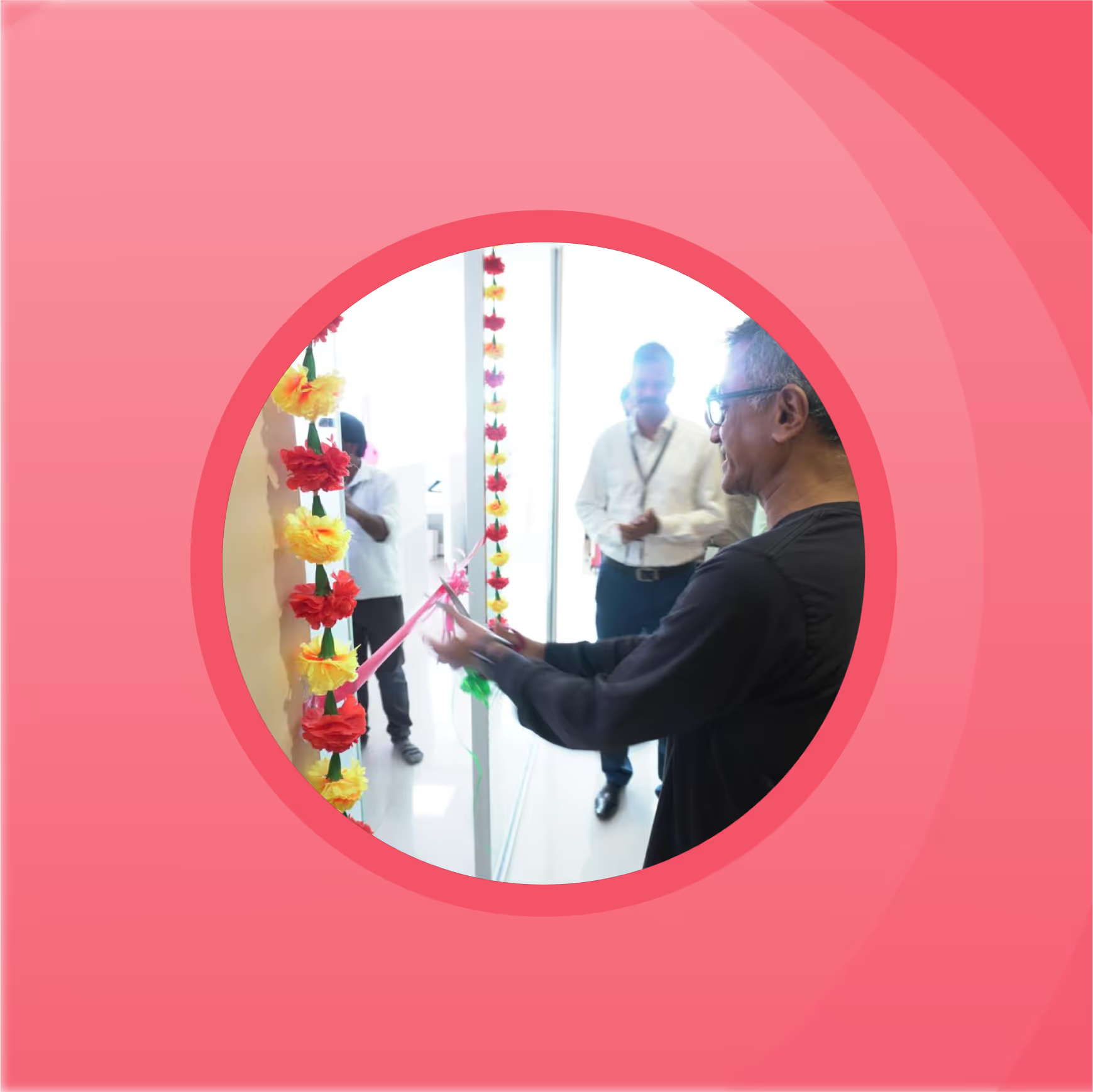MCP-Past, Present, Problems and Possibilities

About
Almost everyone in the LLM space would have heard about MCP (Model Context Protocol).
For those unfamiliar, MCP (Model Context Protocol), introduced by Anthropic, is a standard enabling businesses to expose their APIs such that MCP-compliant clients can seamlessly interact with them. Imagine chatting directly with your services via Claude Desktop without custom integrations for every LLM.
At vThink, being a trailblazer in this space, we think we owe it to the community to share our thoughts on more than just what MCP is. In this article, we’ll see a quick recap to give a mental model of MCP, followed by the present state, problems and what the future looks like for MCP.
Past (Recap)
Before MCP, let’s say you’re building an LLM application for your product platform and if you want to do it in an LLM-agnostic way.
Say you have around M functions/tools in your platform that are to be available for “N LLMs” (OpenAI, Claude, Gemini, etc). You would have to manage MxN implementations (i.e., you have to implement support for calling each function/tool for each LLM)

Present
As of June 2025, MCP has rapidly become the de facto standard for LLM integration, significantly simplifying the aforementioned scenario.
Considering the same example where we discussed that you must do MxN implementations to integrate M tools for N LLMs.
With MCP, here’s what you do:
- Develop all your M tools exposed as part of one or more MCP servers. (M implementations)
- Develop your client to ensure that you have integrations with all the LLMs and make it MCP compliant. (N implementations)
Boom! Now you have integrated with ALL the LLMs that your client supports.

This simplified integration model using MCP isn’t just theoretical and for pet projects. It's becoming the de facto, and many enterprises have started providing their APIs as MCP servers.
Even though MCP was introduced by Anthropic, leaders like Google and OpenAI have started adopting it.
And many of the products also started supporting MCP on their server platforms, for example, Zerodha (India’s top online stock broking platform), Opensearch DB, and the list goes on.
The platforms are implementations of the MCP server. On the other hand, applications like Cursor IDE and Claude Desktop support MCP natively.
In short, it is already a norm and people ARE using it.
Potential Limitations/Problems
Practical limit on number of tools
Each configured MCP server consumes part of the LLM's context window. Thus, practical limits exist on how many servers can realistically be configured.
Though thousands of servers may be available, it’s inefficient to configure them all in your client. As a result, certain MCP clients set limits on the number of MCP servers you can configure.
Still, this is not a major problem, and soon techniques will evolve to mitigate this problem.
Security
You might have read about the recent incident where the GitHub MCP server was exploited. While MCP itself isn't inherently vulnerable, allowing broad access to data by Agents/MCP clients has introduced significant security risks.
This pattern is not new, though, for years we have had “Clients” that act “on behalf of the users”. In such cases, we have standards like OpenID that establish grants and standardise authorisation.
Possibilities (Near future)
The revolution in the LLM arena is like nothing before. Things change fast, and it takes weeks to months to set the “norm”. So, the possibilities mentioned here are already happening, and it’ll go into full swing soon.
- Enterprise Adoption: Almost all the top products that provide API integrations will be providing MCP soon. Because they don’t just want their services usable by web and mobile apps. They also want it to be discoverable and usable by LLM applications (Agents). The result: you can get most things done just by chatting in Claude Desktop without having to open any of the webpages (No exaggeration at all!).
- Perception of APIs: MCP operations will be aligned more with business-level workflows than with basic CRUD operations. There could be parallel MCP APIs for agents in addition to existing APIs.
- Optimising the tool choice: There will be research and techniques to help LLMs dynamically narrow down and choose the right tools efficiently during conversations.
- Marketplace Growth: An MCP marketplace has already begun emerging, and it will soon become popular, with developers and companies monetising valuable MCP utilities.
- Enhanced Security: Emergence of standardised security protocols similar to OpenID can be expected soon.
- More optimisation: Efficient techniques (comparable to ReWOO) for efficient tool invocation will become commonplace.
Conclusion
Just imagine being a user who can get everything done directly from the Claude Desktop.
And imagine being a SaaS platform with APIs, and you spend a couple of months on exposing your platform via MCP, and suddenly users start accessing it via chat applications (which comes for free!).
The possibilities that MCP standardisation unlocks are magical!
If you are a business owner who would like to get your web applications to be used by LLM users, feel free to talk to us.
We just released an MCP suite for typical developer tools and are actively developing more!



